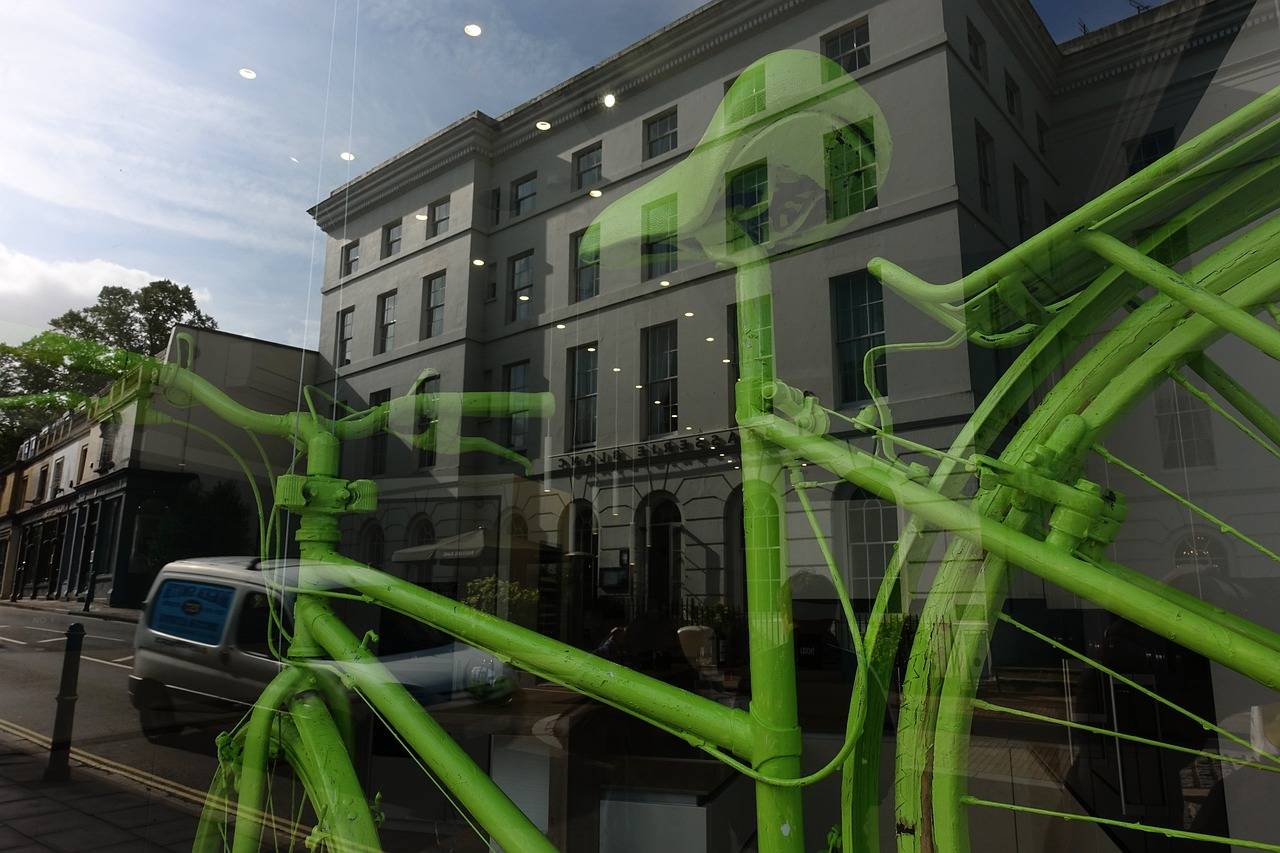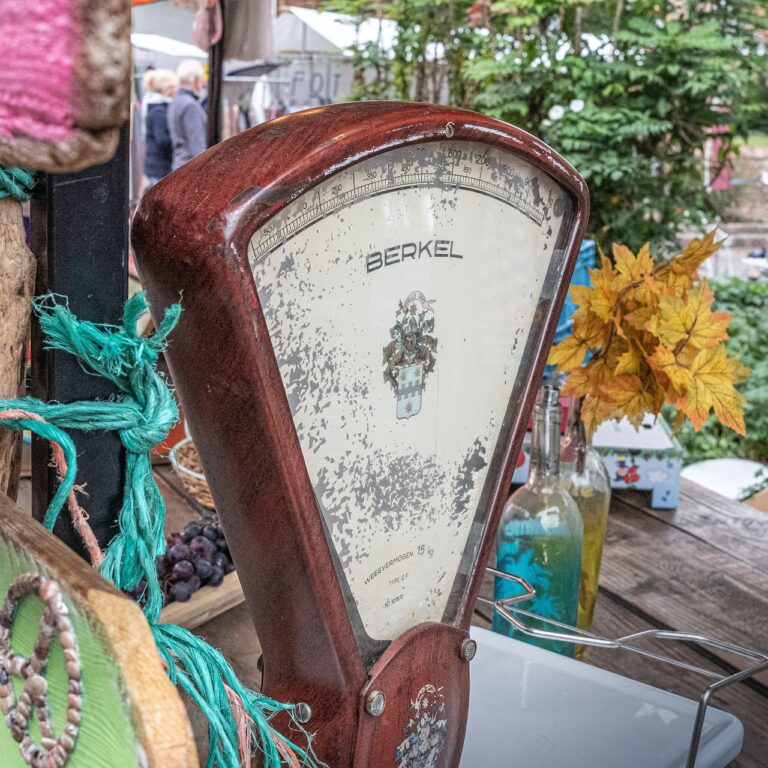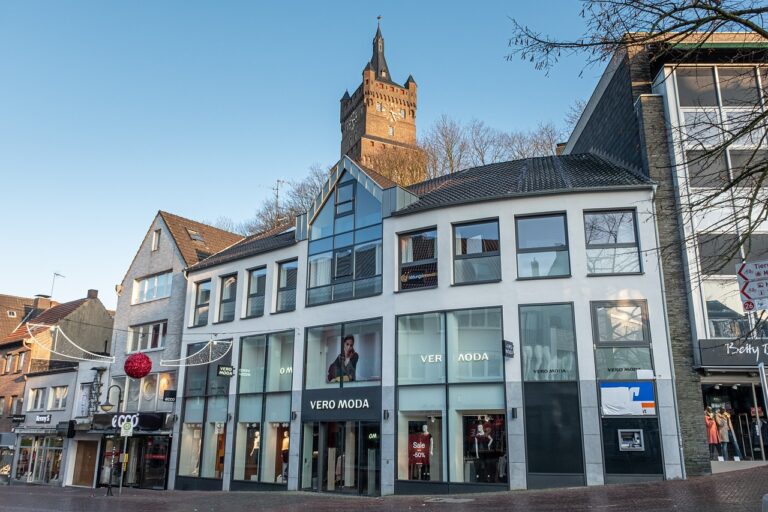The Intersection of Fashion and Technology: Wearable Tech in Retail
Wearable technology has made significant advances in the fashion retail industry, transforming the way customers interact with brands and products. From basic fitness trackers to stylish smartwatches and even virtual reality headsets, these wearable devices have seamlessly integrated into the world of fashion, offering both style and functionality to consumers.
In the past, wearable technology was mostly limited to specialized gadgets with a futuristic feel. However, as technology has advanced, we now see a wide range of wearable devices designed with aesthetics in mind, blurring the lines between fashion and technology. These innovative creations have become more appealing to a broader audience, thus revolutionizing the retail landscape.
The Impact of Wearable Tech on Customer Experience
Wearable technology has significantly revolutionized the customer experience in the retail industry. With the integration of smart devices into clothing and accessories, customers now have access to personalized shopping experiences like never before. The seamless blend of fashion and technology enables retailers to offer customized recommendations, virtual try-on features, and interactive shopping tools, enhancing the overall shopping journey for consumers.
Moreover, wearable tech allows retailers to gather valuable data on customer preferences, behaviors, and shopping patterns. This data-driven approach enables businesses to tailor their marketing strategies and product offerings to suit individual customer needs, ultimately fostering stronger customer relationships and loyalty. By leveraging wearable technology, retailers can create a more engaging and immersive shopping experience that resonates with today’s tech-savvy consumers.
Emerging Trends in Wearable Tech in the Retail Industry
Innovations in wearable technology have been rapidly shaping the landscape of the retail industry. One emerging trend is the use of augmented reality (AR) glasses to enhance the shopping experience for customers. These AR glasses can provide personalized product recommendations, offer virtual try-on capabilities, and even guide shoppers through the store to locate specific items.
Another notable trend in wearable tech is the integration of smart textiles in fashion retail. With advancements in fabric technology, retailers can now offer clothing embedded with sensors that monitor body temperature, track physical activity, and even provide health-related feedback to the wearer. This level of interactivity between garments and consumers not only enhances the shopping experience but also opens up new opportunities for personalized marketing strategies.





